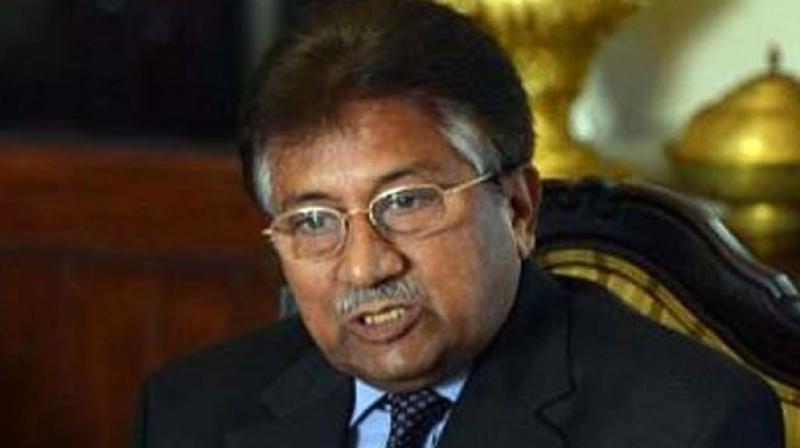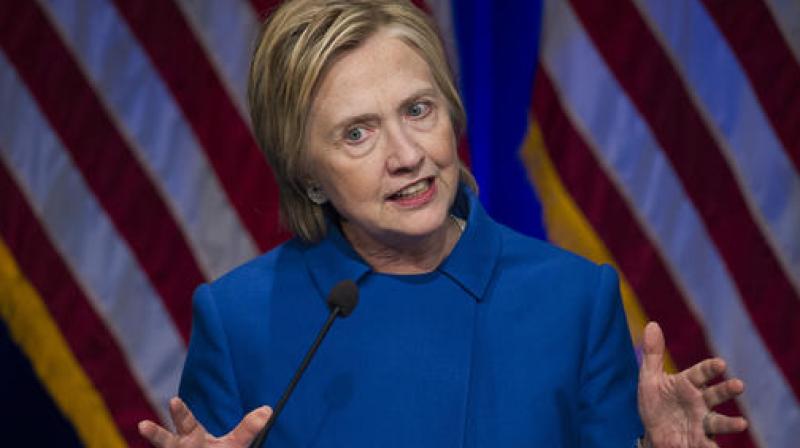Death toll rises to over 300 in Somalia suicide bombings as funerals begin

The death toll from Saturday’s truck bombing in Somalia’s capital is now over 300, the director of an ambulance service said Monday, as the country reeled from the deadliest single attack it’s ever experienced.
Dr. Abdulkadir Adam of Aamin Ambulance service said more people had died of their wounds in the past few hours.
Funerals began, and the death toll was expected to rise again.
Saturday’s truck bombing targeted a crowded street in Mogadishu, and about 300 others were injured. Somalia’s government is blaming the al-Qaida-linked al-Shabab extremist group, which has not commented.
Officials said more than 70 critically injured people were being airlifted to Turkey for treatment on Monday as international aid began to arrive.
Nervous relatives stood on the tarmac at the airport, praying for the recovery of their loved ones.
Overwhelmed hospitals in Mogadishu were struggling to assist other badly wounded victims, many burned beyond recognition.
The attack was one of the worst in the world in recent years. It is one of the deadliest attacks in sub-Saharan Africa, larger than the Garissa University attack in Kenya in 2015 and the US Embassy bombings in Kenya and Tanzania in 1998.
Information Minister Abdirahman Osman said other countries including Kenya and Ethiopia had already offered to send medical aid in response to what Somali’s government has called a “national disaster.”
Al-Shabab, Africa’s deadliest Islamic extremist group, often targets high-profile areas of Mogadishu. Earlier this year, it vowed to step up attacks after both the Trump administration and Somalia’s recently elected president announced new military efforts against the group.
The country’s Somali-American leader, President Mohamed Abdullahi Mohamed, has declared three days of mourning and joined thousands of people who responded to a desperate plea by hospitals to donate blood.
“This is really horrendous, unlike any other time in the past,” said Dr. Mohamed Yusuf, the director of Medina hospital.
Exhausted doctors struggled to keep their eyes open, while screams from victims and newly bereaved families echoed through the halls.
Mogadishu, a city long accustomed to deadly bombings by al-Shabab, was stunned by the force of Saturday’s blast. The explosion shattered hopes of recovery in an impoverished country left fragile by decades of conflict, and it again raised doubts over the government’s ability




